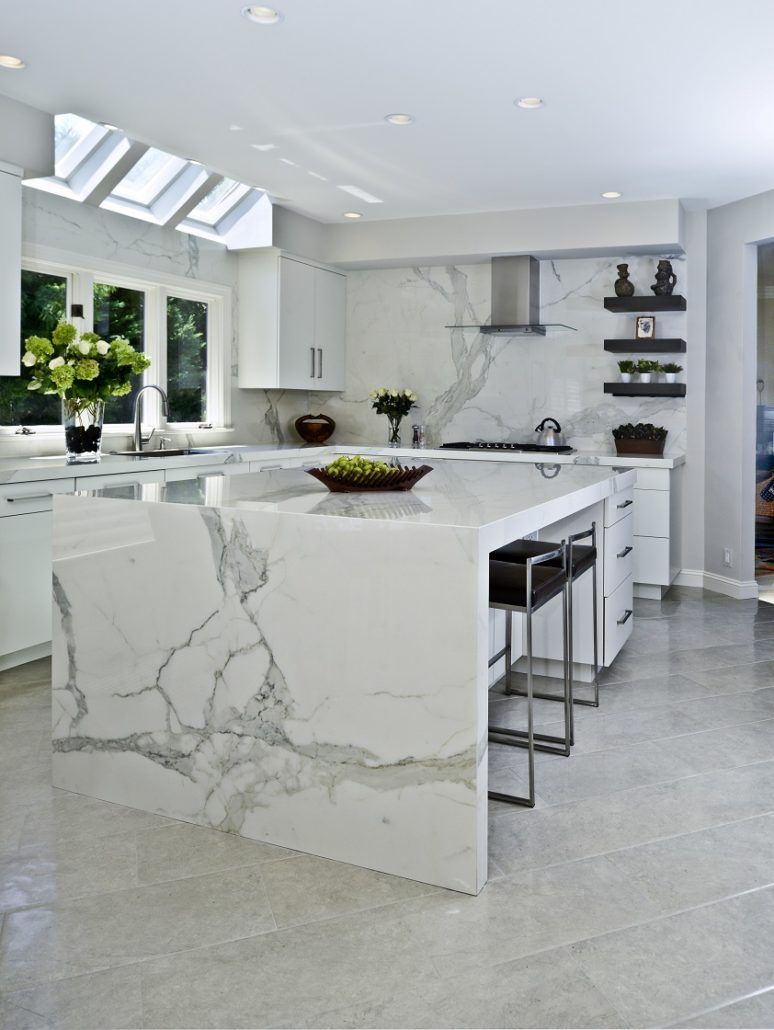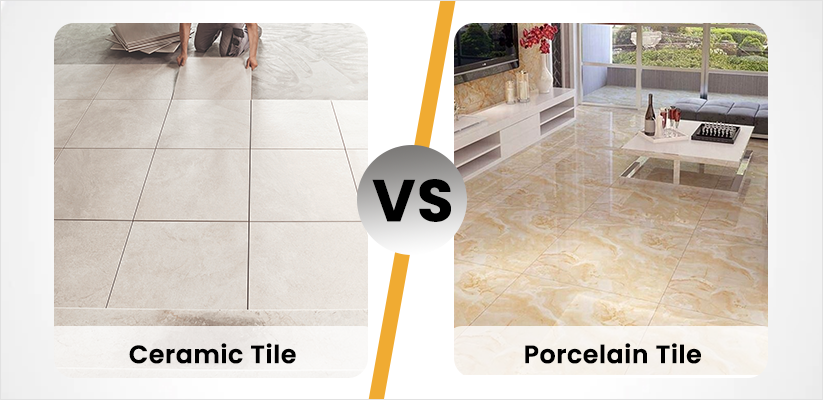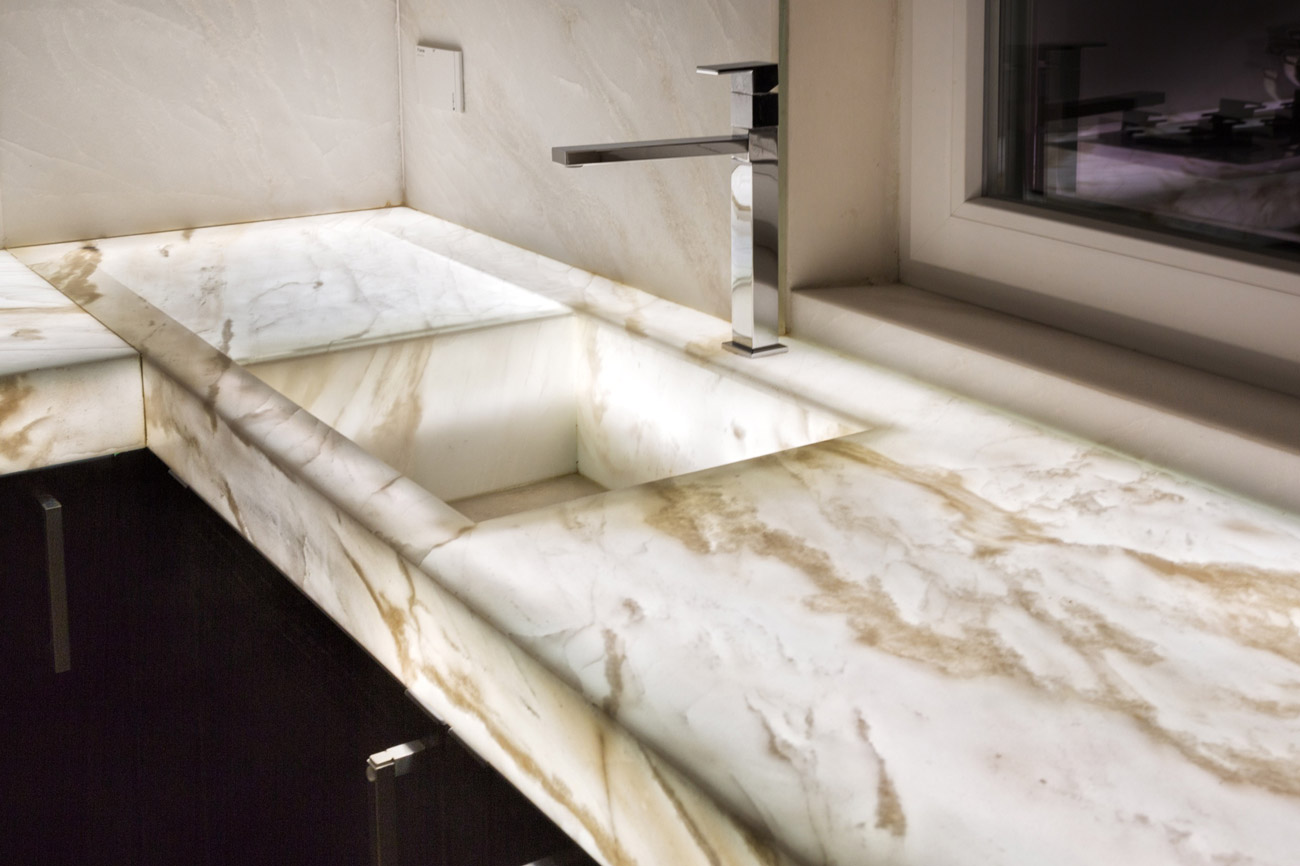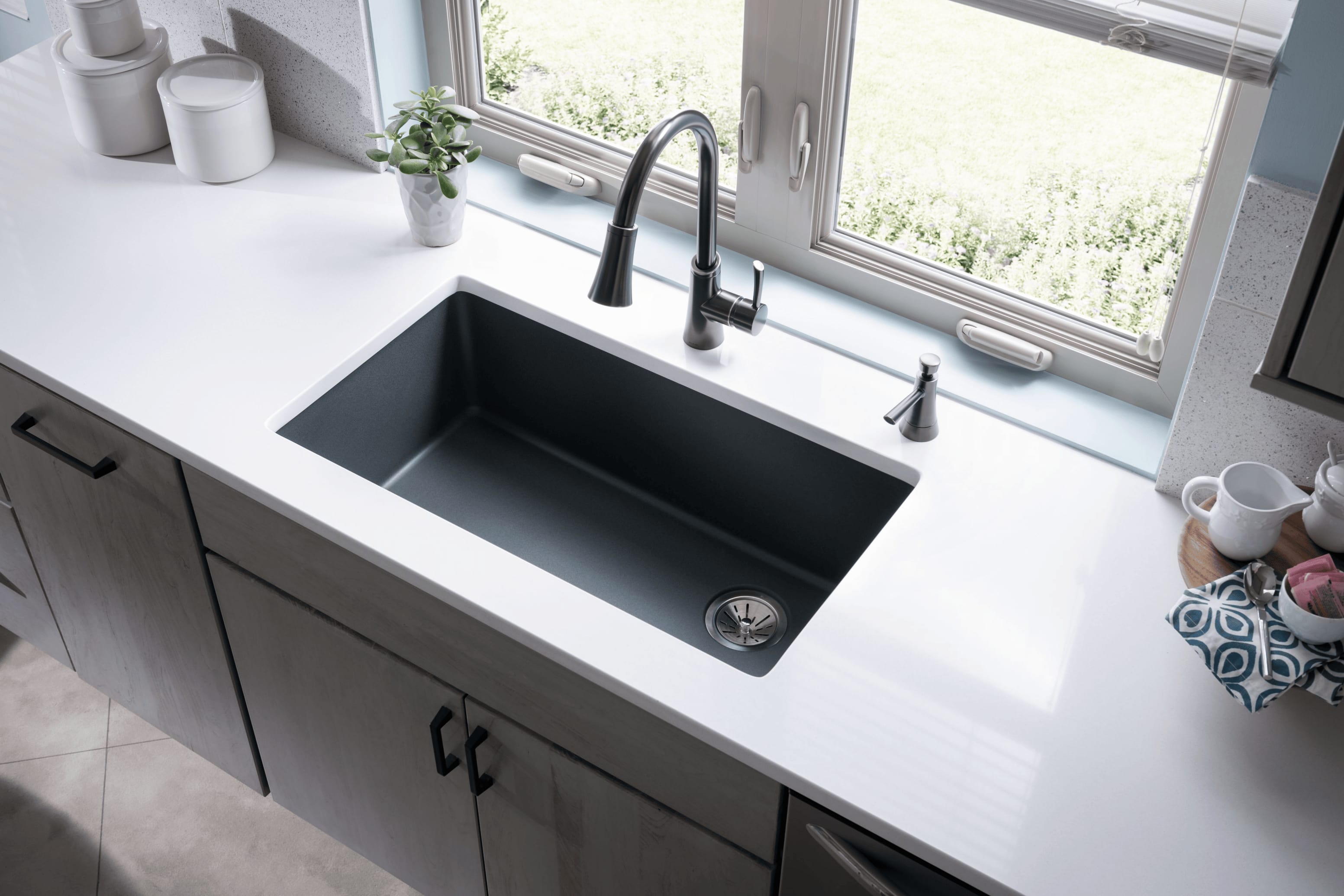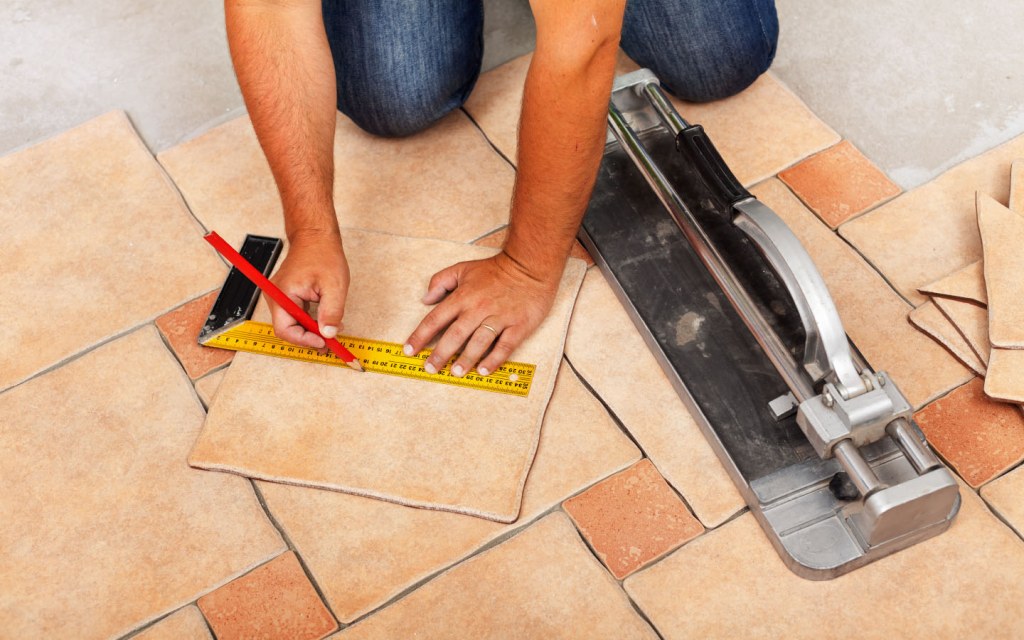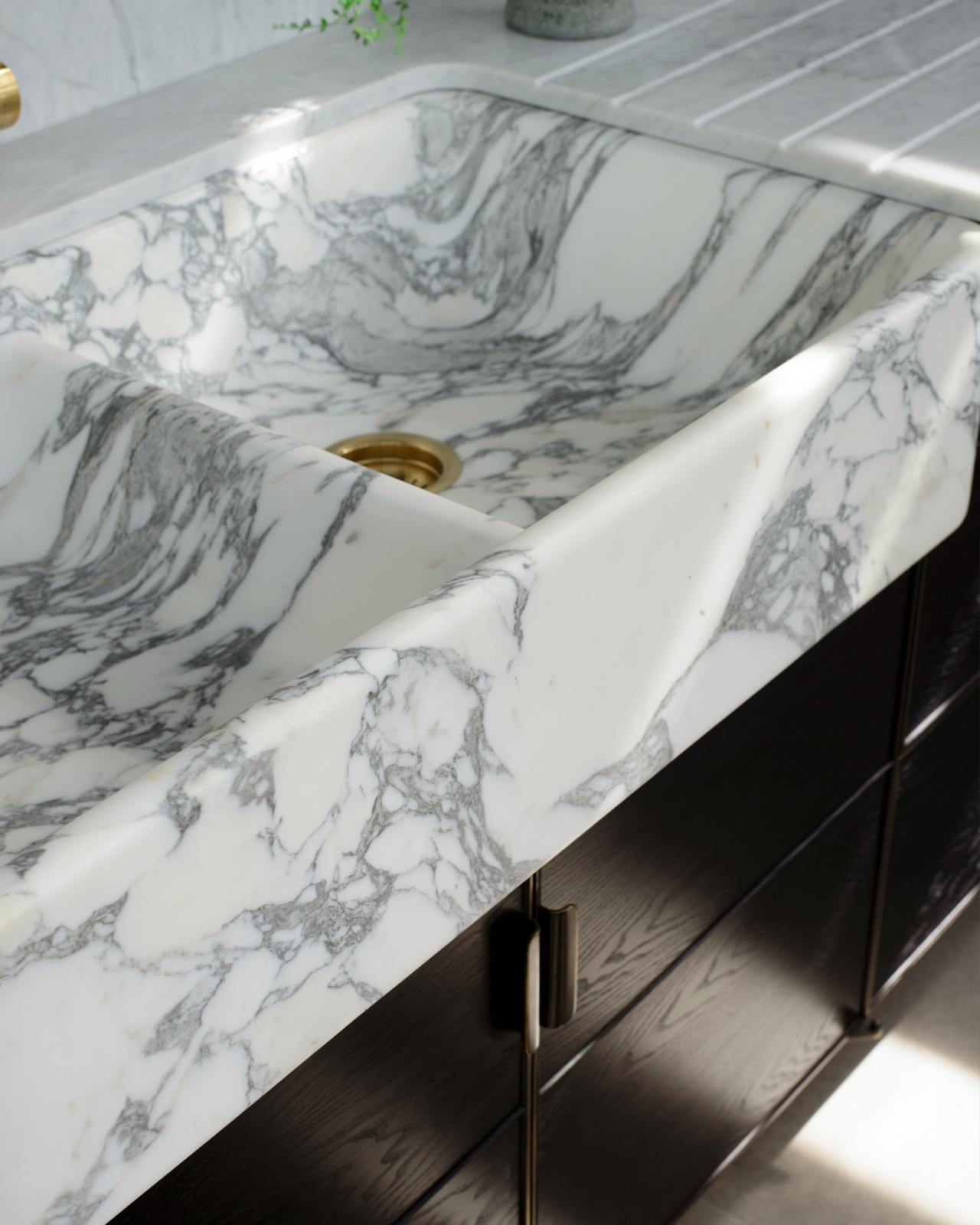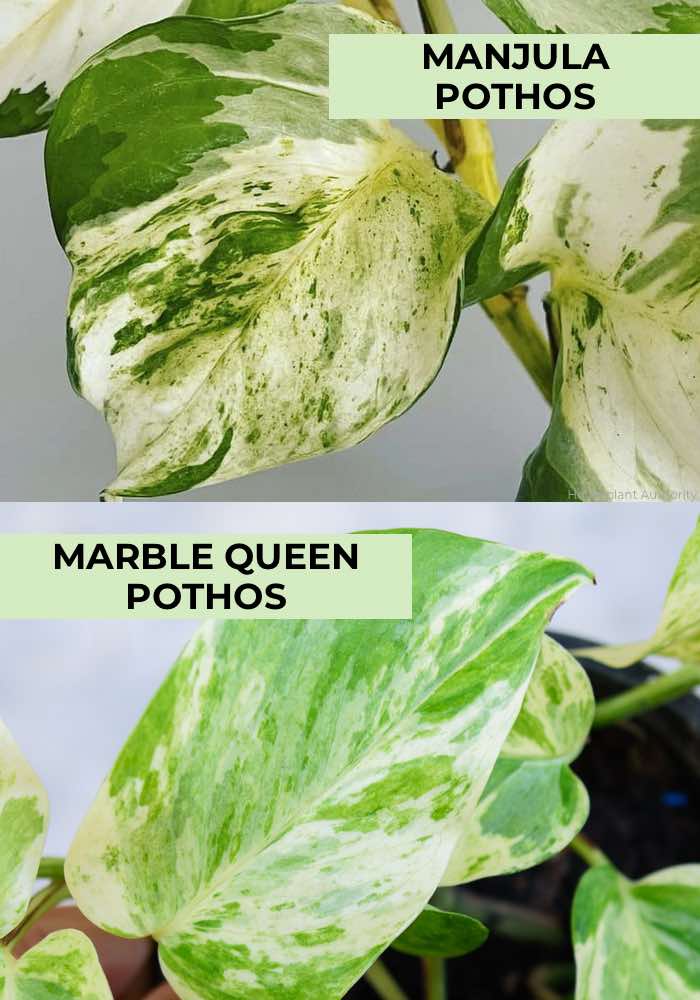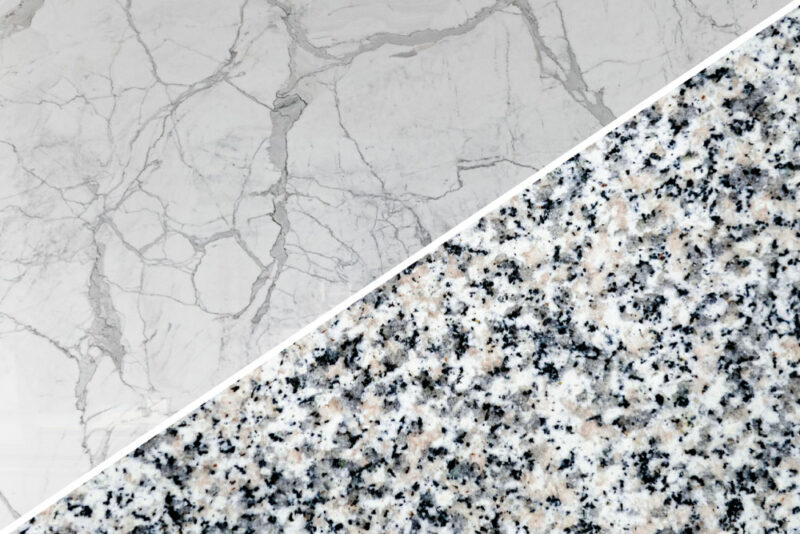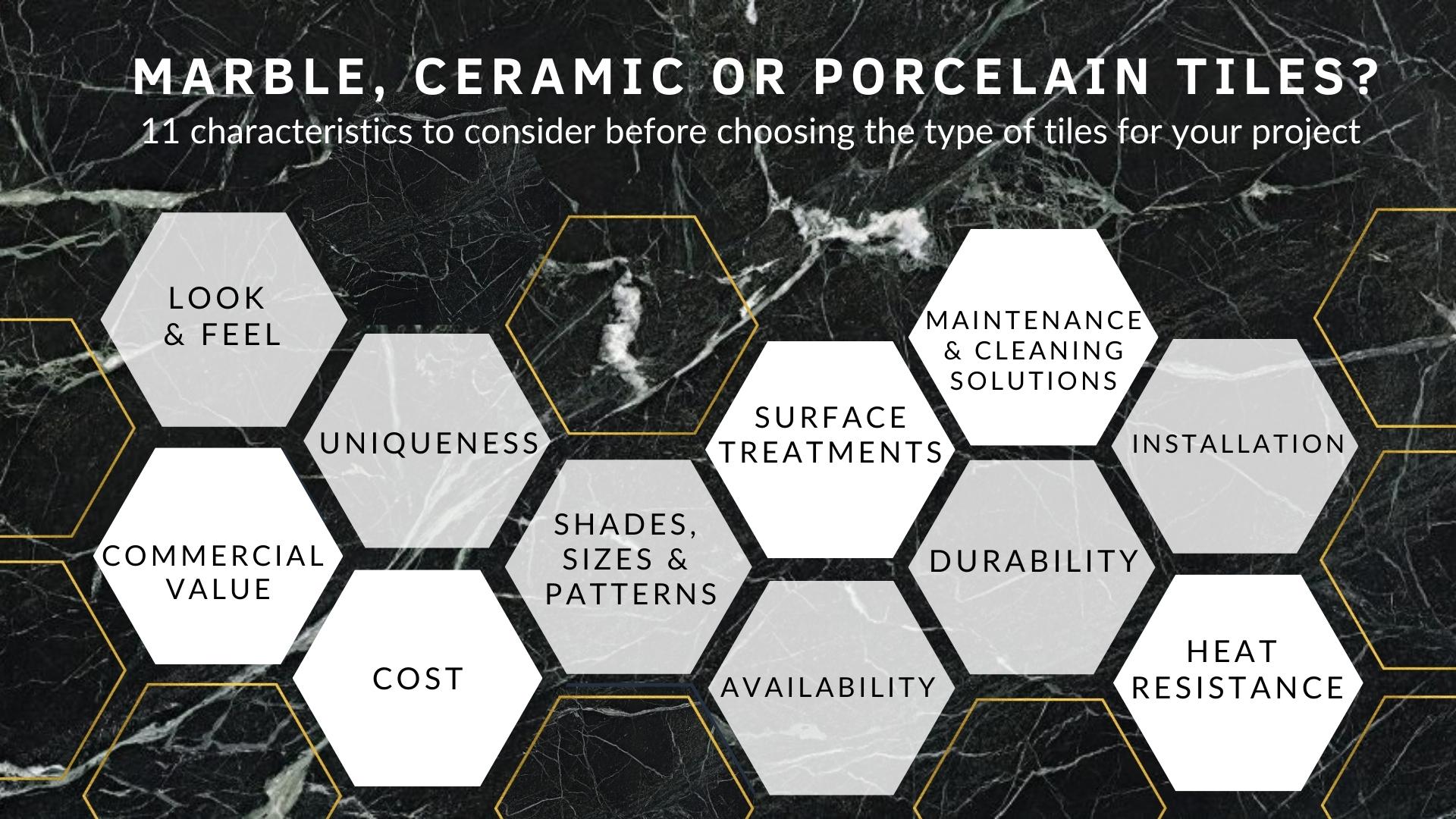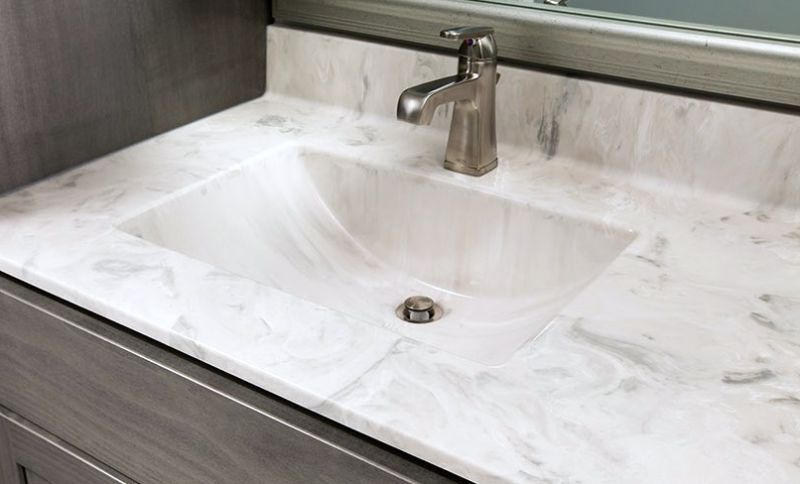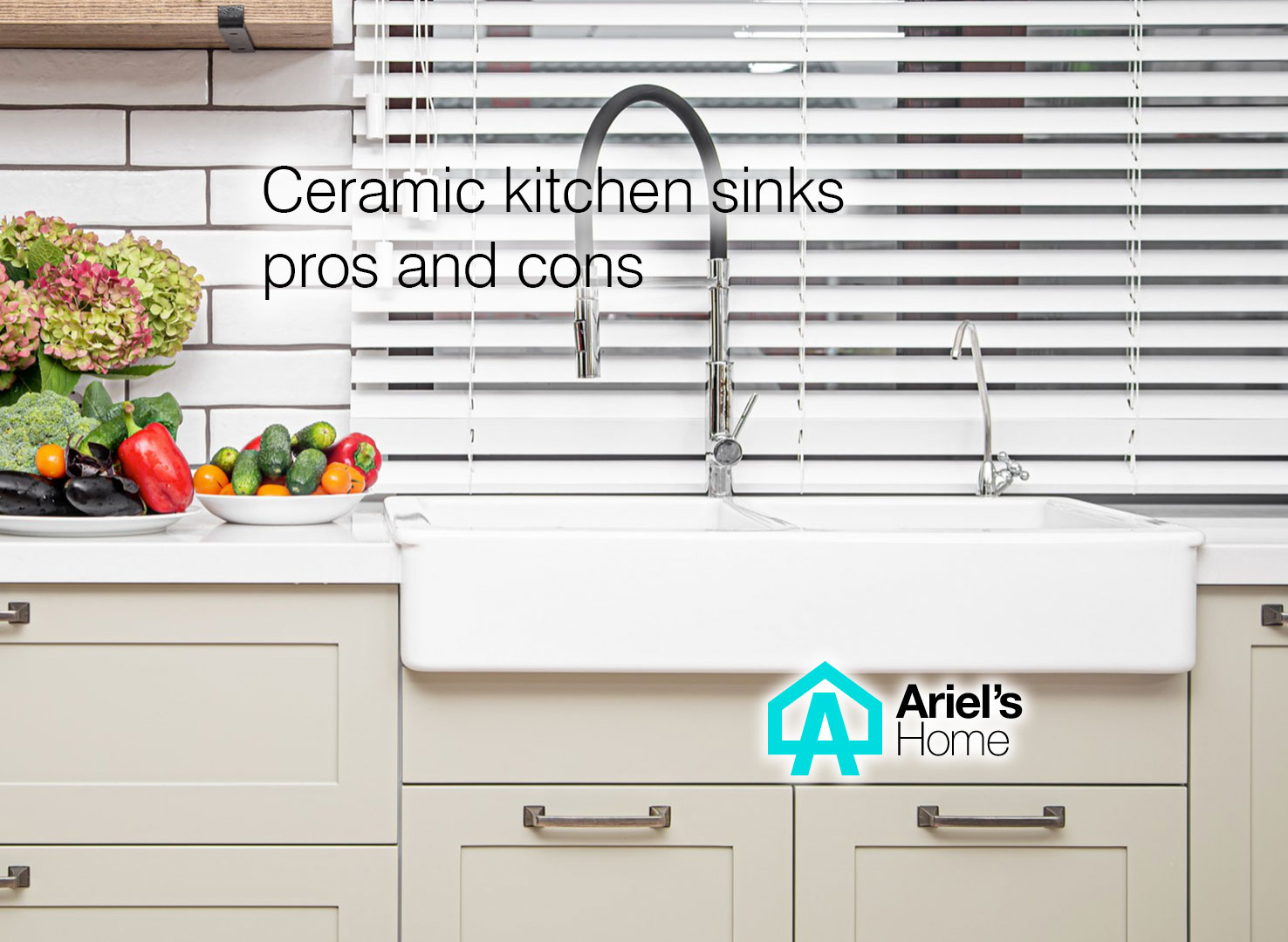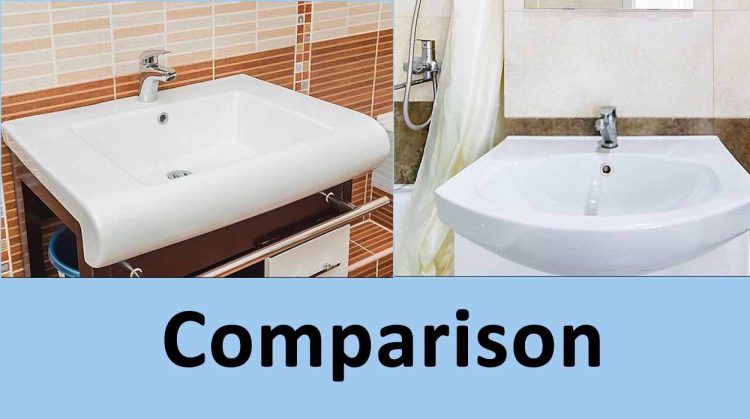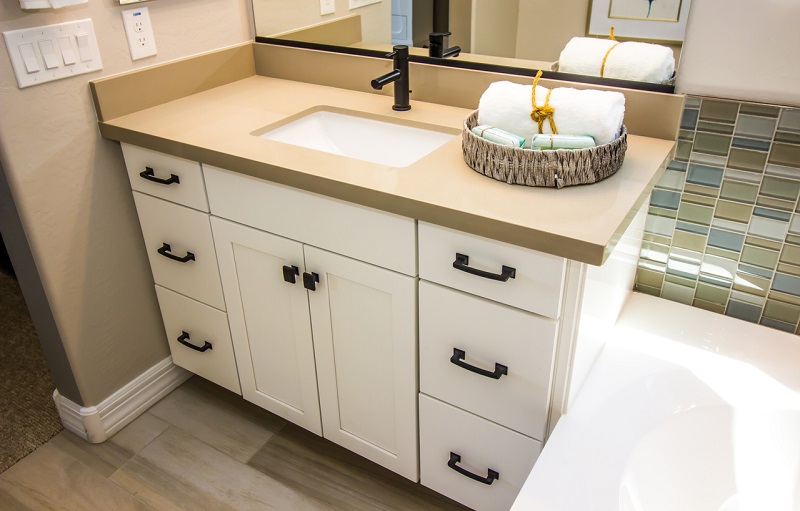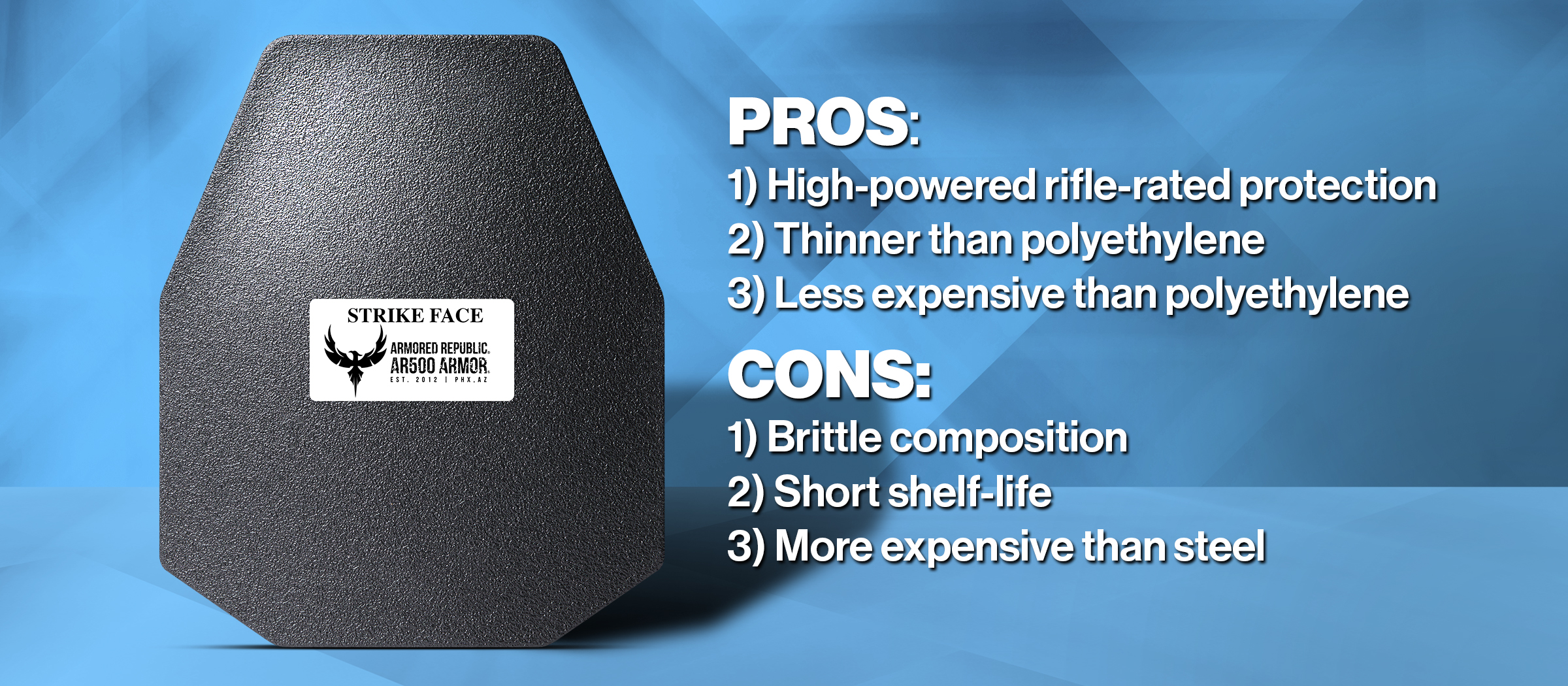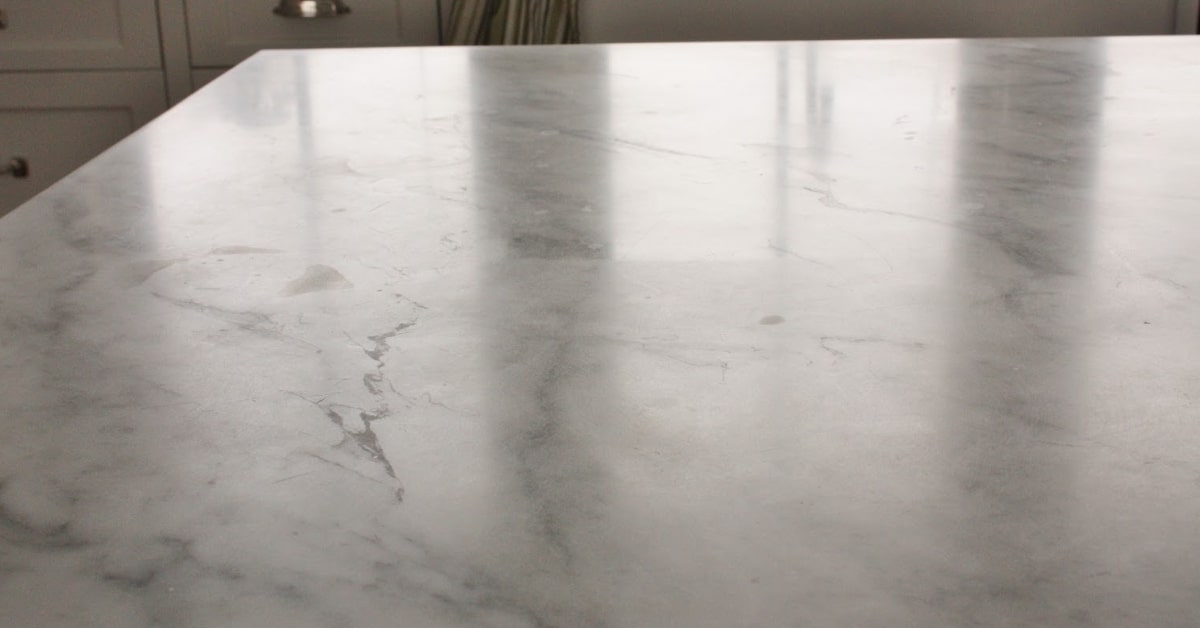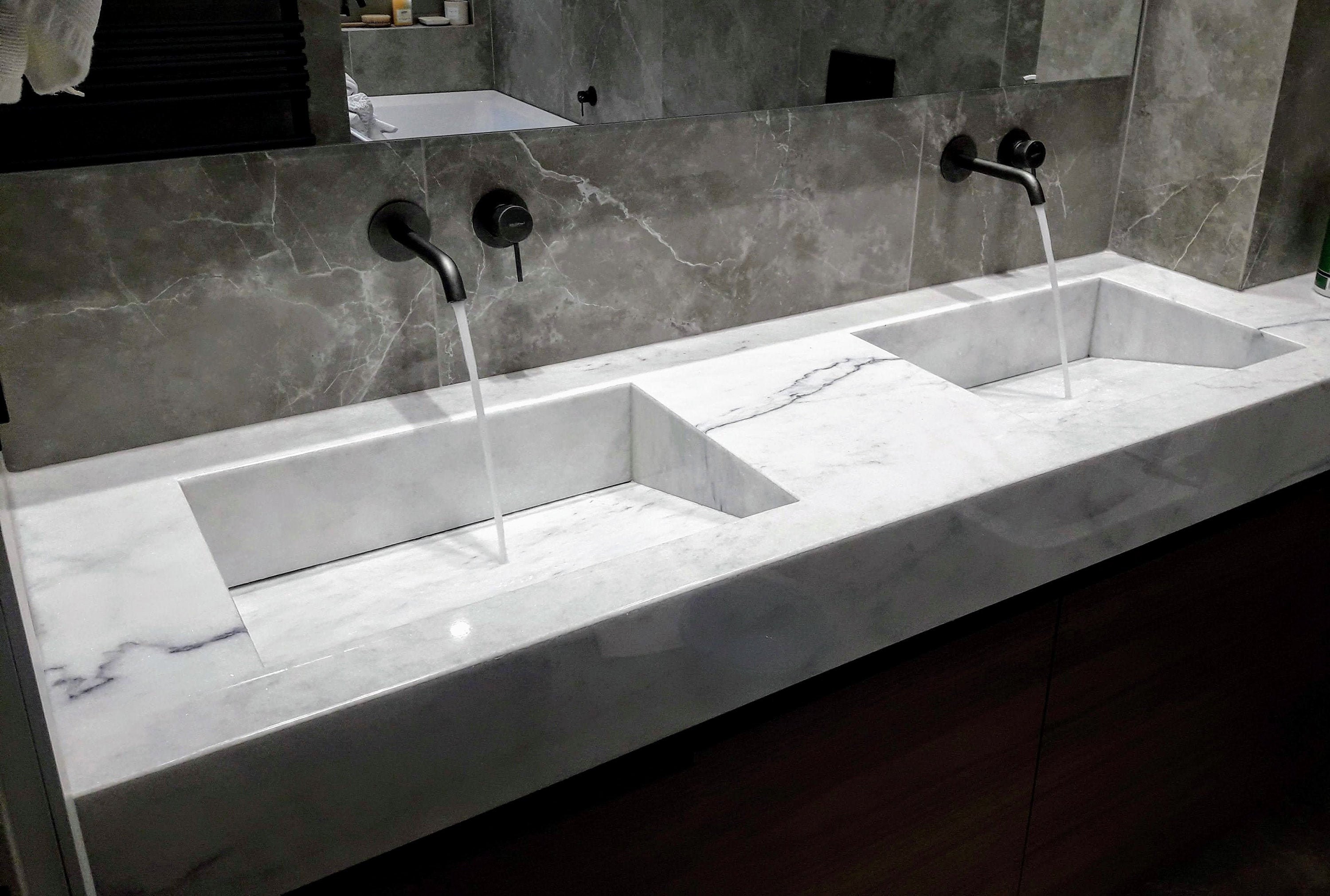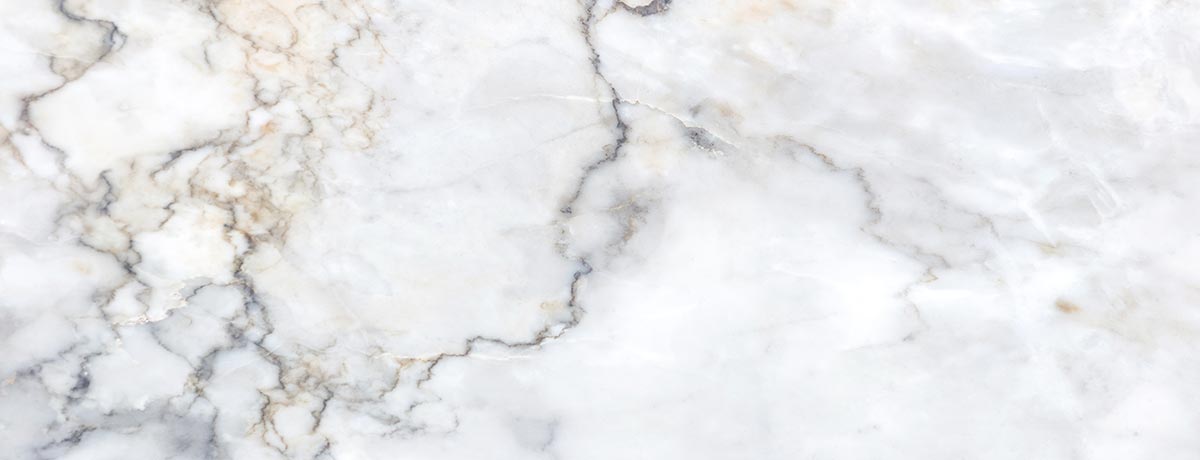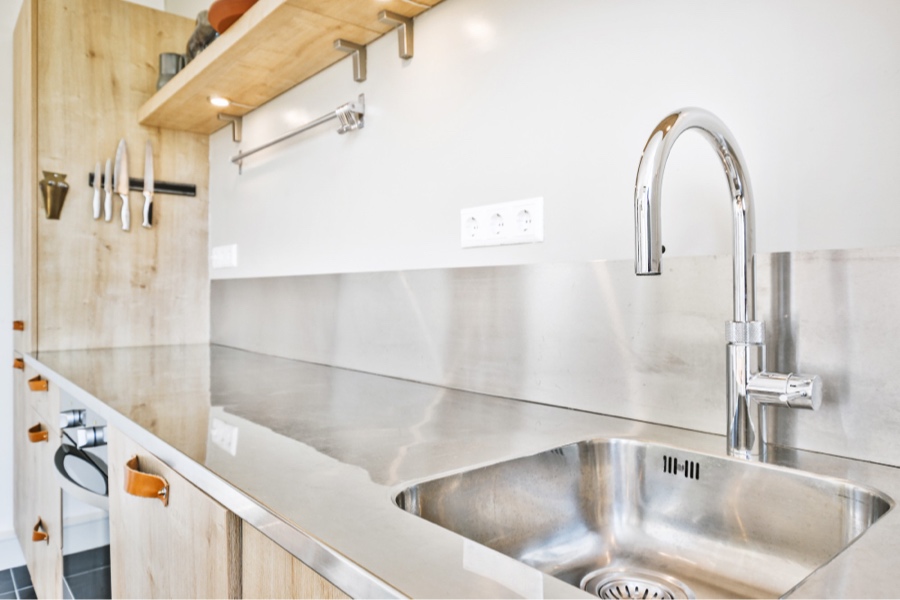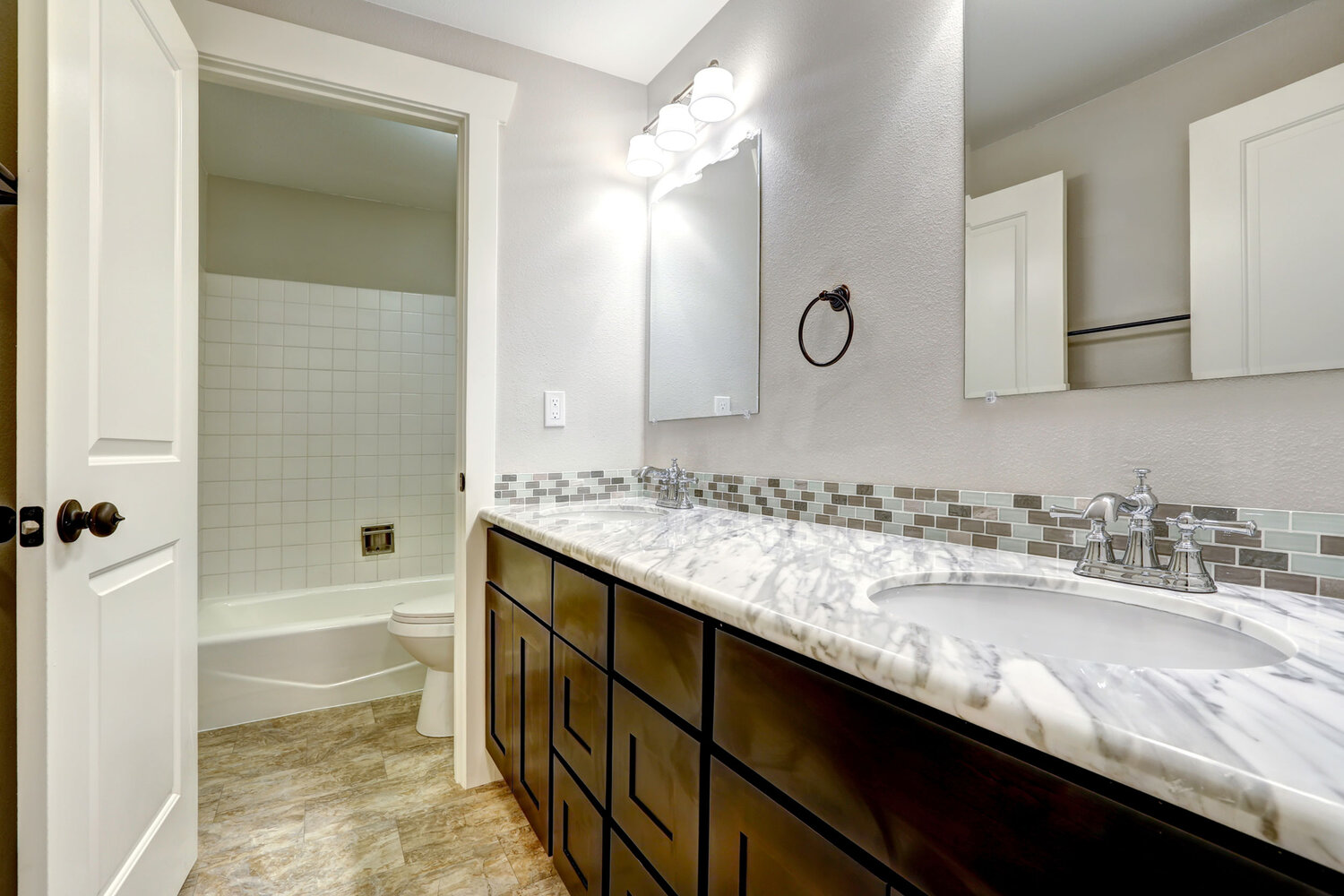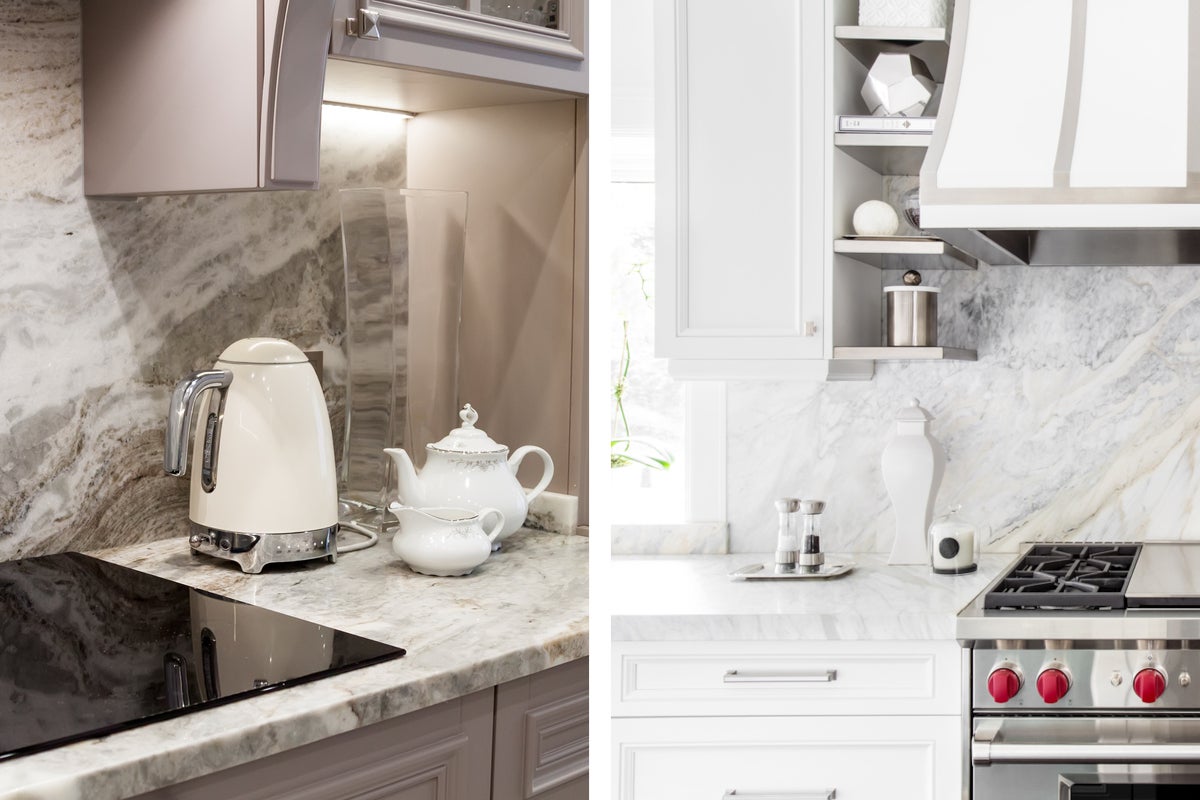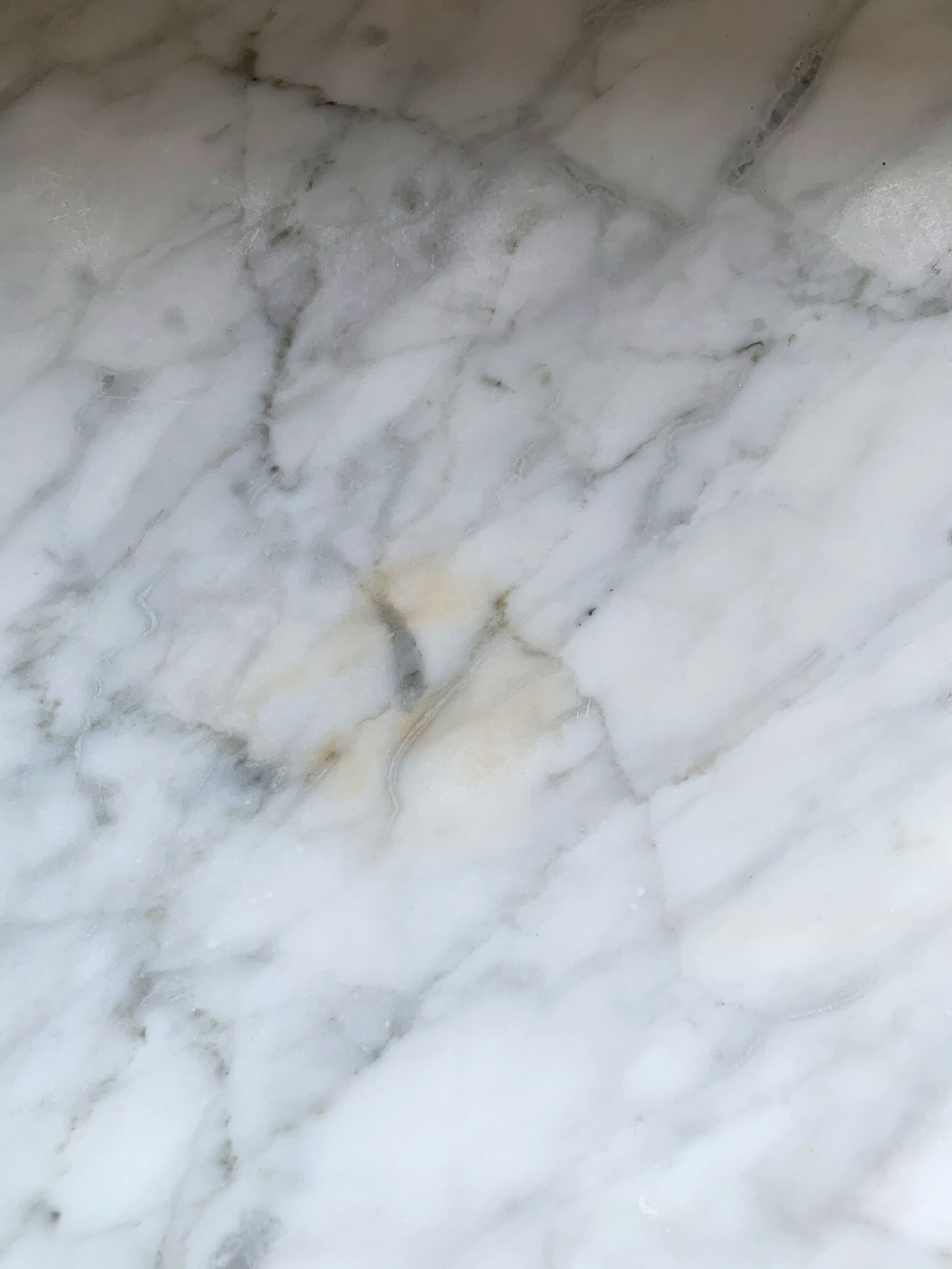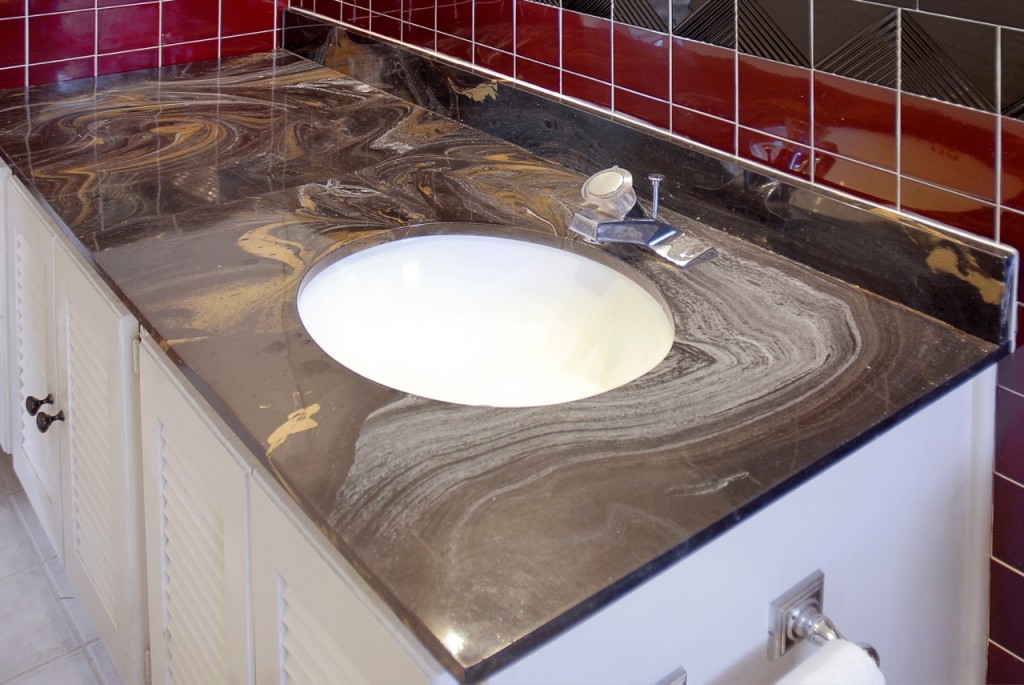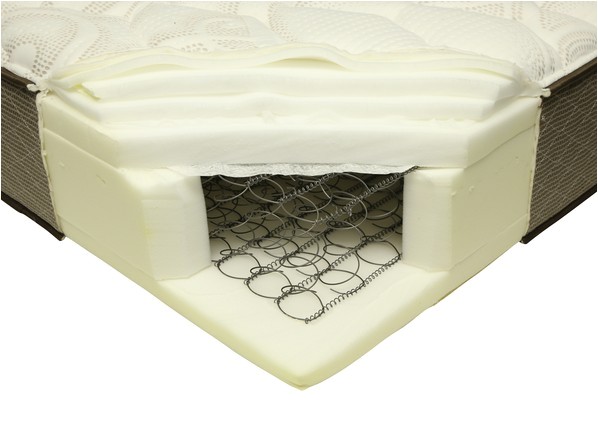Choosing the right sink for your kitchen can be a daunting task. With so many options available, it can be overwhelming to decide which material is best for your needs. Two popular choices for kitchen sinks are marble and ceramic. Both offer unique benefits and drawbacks, making it important to understand the differences between the two. In this article, we will compare marble and ceramic sinks to help you make an informed decision for your kitchen renovation or upgrade.Marble vs Ceramic Sinks: Which is Better for Your Kitchen?
Marble sinks have been around for centuries and have long been a symbol of luxury and elegance. On the other hand, ceramic sinks are a more modern option and have gained popularity in recent years due to their durability and affordability. Let's take a closer look at the pros and cons of each material.Marble vs Ceramic Sinks: A Comparison Guide
Marble Sinks: Pros:Marble vs Ceramic Sinks: Pros and Cons
When it comes to durability, marble sinks have a slight edge over ceramic sinks. Marble is a naturally hard and dense material, making it resistant to scratches and chips. However, it is important to note that marble is vulnerable to staining and etching, so it requires more maintenance to keep it looking like new. On the other hand, ceramic sinks are also durable and resistant to scratches and stains, but they can be prone to chipping or cracking if heavy objects are dropped on them.Marble vs Ceramic Sinks: Which is More Durable?
Ceramic sinks are known for their low maintenance requirements. They are easy to clean and do not require regular sealing like marble sinks. Additionally, stains and scratches can be easily removed from a ceramic sink without damaging the surface. Marble sinks, on the other hand, need to be regularly sealed to prevent staining and etching. They also require more delicate cleaning methods to avoid damaging the surface.Marble vs Ceramic Sinks: Which is Easier to Maintain?
Ceramic sinks are generally more budget-friendly than marble sinks. Marble is a high-end material and can be quite expensive to purchase and install. On the other hand, ceramic sinks are more affordable and offer a wide range of options to fit different budgets and design preferences.Marble vs Ceramic Sinks: Which is More Cost-Effective?
When it comes to style, both marble and ceramic sinks have their own unique appeal. Marble sinks offer a luxurious and elegant look with their natural patterns and unique veining. On the other hand, ceramic sinks come in a variety of colors and styles, making them a versatile choice for any kitchen design. It ultimately depends on your personal preference and the overall aesthetic of your kitchen.Marble vs Ceramic Sinks: Which is More Stylish?
Ceramic sinks are considered more eco-friendly than marble sinks. Marble is a natural stone that requires quarrying and cutting, which can have a negative impact on the environment. Ceramic sinks, on the other hand, are made from clay that is fired at high temperatures, making them a more sustainable choice for your kitchen.Marble vs Ceramic Sinks: Which is More Eco-Friendly?
If you are considering the resale value of your home, a marble sink may be the better option. Marble is a high-end material that can increase the value of your home, making it a desirable feature for potential buyers. However, if you are on a budget, a well-maintained ceramic sink can also add value to your kitchen and home.Marble vs Ceramic Sinks: Which is Better for Resale Value?
Ceramic sinks are more resistant to stains and scratches than marble sinks. Marble is a porous material that can absorb liquids, making it prone to staining. It is also vulnerable to scratches and etching from acidic substances. Ceramic sinks, on the other hand, are non-porous and less likely to stain or scratch.Marble vs Ceramic Sinks: Which is Better for Stains and Scratches?
There are many factors to consider when designing your dream kitchen, and one of the most important decisions you'll have to make is choosing between a marble or ceramic sink . Both materials have their own unique qualities and it's important to understand the differences in order to make the best decision for your kitchen. In this article, we'll delve into the pros and cons of each material and help you determine which one is right for your kitchen design.
Marble Sink: Timeless Elegance
 Marble has long been a popular choice for kitchen sinks due to its timeless elegance and durability. With its natural veining and unique patterns, a marble sink can add a touch of luxury and sophistication to any kitchen design. It's also incredibly durable and can withstand high temperatures, making it a great choice for busy kitchens.
However, one of the main drawbacks of a marble sink is its susceptibility to staining and scratching. Marble is a porous material, which means it can easily absorb liquids and become stained. It's important to regularly seal and maintain a marble sink to prevent any damage. Additionally, the weight of a marble sink can also be a concern, as it may require additional support from your kitchen cabinets.
Marble has long been a popular choice for kitchen sinks due to its timeless elegance and durability. With its natural veining and unique patterns, a marble sink can add a touch of luxury and sophistication to any kitchen design. It's also incredibly durable and can withstand high temperatures, making it a great choice for busy kitchens.
However, one of the main drawbacks of a marble sink is its susceptibility to staining and scratching. Marble is a porous material, which means it can easily absorb liquids and become stained. It's important to regularly seal and maintain a marble sink to prevent any damage. Additionally, the weight of a marble sink can also be a concern, as it may require additional support from your kitchen cabinets.
Ceramic Sink: Versatile and Durable
 Ceramic sinks come in a variety of colors, shapes, and sizes, making them a versatile option for any kitchen design. They are also highly durable and resistant to scratches and stains, making them a practical choice for busy kitchens. Ceramic sinks are also lightweight, making them easier to install and requiring less support from your kitchen cabinets.
One drawback of a ceramic sink is that it can be prone to chipping or cracking if heavy objects are dropped on it. It's also important to choose a high-quality ceramic sink, as lower quality options may be more prone to chipping and staining. Additionally, the glossy finish of a ceramic sink may show water spots more easily than a matte finish.
Ceramic sinks come in a variety of colors, shapes, and sizes, making them a versatile option for any kitchen design. They are also highly durable and resistant to scratches and stains, making them a practical choice for busy kitchens. Ceramic sinks are also lightweight, making them easier to install and requiring less support from your kitchen cabinets.
One drawback of a ceramic sink is that it can be prone to chipping or cracking if heavy objects are dropped on it. It's also important to choose a high-quality ceramic sink, as lower quality options may be more prone to chipping and staining. Additionally, the glossy finish of a ceramic sink may show water spots more easily than a matte finish.
Which One is Right for You?
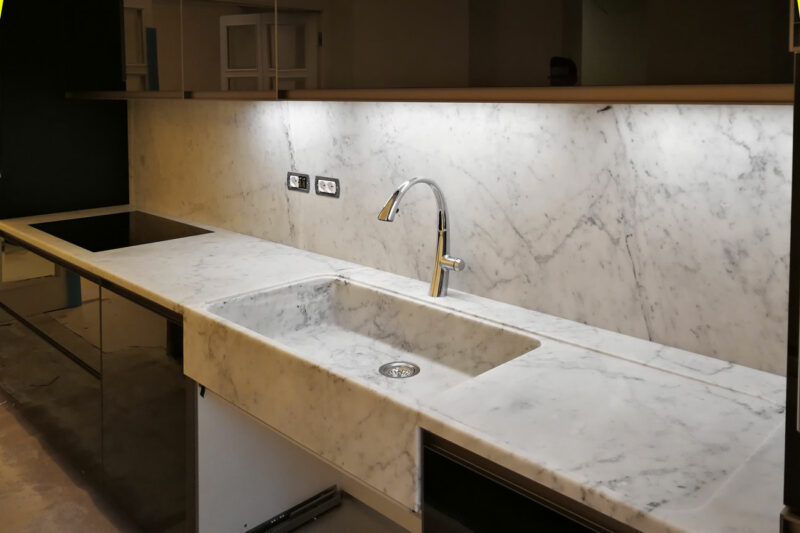 When it comes down to it, the choice between a marble or ceramic sink ultimately depends on your personal preferences and the overall design of your kitchen. If you're looking for a luxurious and elegant sink that requires a bit more maintenance, a marble sink may be the perfect choice. However, if you want a durable and versatile sink that is easy to maintain, a ceramic sink may be the better option.
It's important to thoroughly research and consider the pros and cons of each material before making a decision. Whichever one you choose, a marble or ceramic sink can be a beautiful and functional addition to your dream kitchen. So take your time, weigh your options, and choose the sink that best fits your needs and style.
When it comes down to it, the choice between a marble or ceramic sink ultimately depends on your personal preferences and the overall design of your kitchen. If you're looking for a luxurious and elegant sink that requires a bit more maintenance, a marble sink may be the perfect choice. However, if you want a durable and versatile sink that is easy to maintain, a ceramic sink may be the better option.
It's important to thoroughly research and consider the pros and cons of each material before making a decision. Whichever one you choose, a marble or ceramic sink can be a beautiful and functional addition to your dream kitchen. So take your time, weigh your options, and choose the sink that best fits your needs and style.


